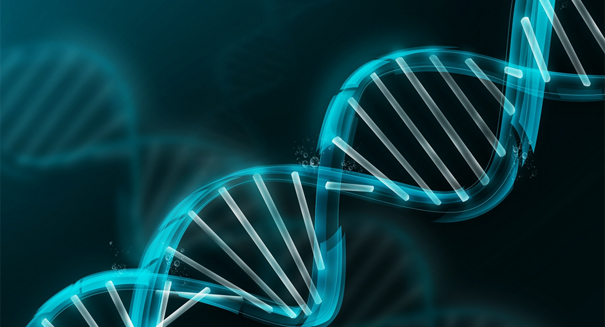 Scientists have measured the genetic damage caused by smoking in different organs of the body and identified several different mechanisms by which tobacco smoking causes mutations in DNA.
Scientists have measured the genetic damage caused by smoking in different organs of the body and identified several different mechanisms by which tobacco smoking causes mutations in DNA.
Cancer is caused by mutations in the DNA of a cell. Smoking has been epidemiologically associated with at least 17 types of human cancer, but until now, how smoking increases the risk of developing cancer in parts of the body that don’t come into direct contact with smoke has not been fully understood.
However, the new study, which was carried out by researchers at the Wellcome Trust Sanger Institute, the Los Alamos National Laboratory and a number of collaborators, including scientists from King’s College London, revealed different mechanisms by which tobacco smoking causes these mutations, depending on the area of the body affected.
In the first comprehensive analysis of the DNA of cancers linked to smoking, researchers studied over 5,000 tumours, comparing cancers from smokers with cancers from people who had never smoked. They found particular molecular fingerprints of DNA damage, called mutational signatures, in the smokers’ DNA, and counted how many of these particular mutations were found in the different tumours.
A pack of cigarettes a day leads to 150 mutations in each lung cell every year
The authors found that, on average, smoking a pack of cigarettes a day led to 150 mutations in each lung cell every year. These mutations represent individual potential start points for a cascade of genetic damage that can eventually lead to cancer. The numbers of mutations within any cancer cell will vary between individuals, but this study shows the additional mutational load caused by tobacco.
Picture of direct and indirect effects
The study revealed at least five distinct processes of DNA damage due to cigarette smoking. The most widespread of these is a mutational signature already found in all cancers but tobacco smoking seems to accelerate the speed of a cellular clock that mutates DNA prematurely.
“The results are a mixture of the expected and unexpected, and reveal a picture of direct and indirect effects. Mutations caused by direct DNA damage from carcinogens in tobacco were seen mainly in organs that come into direct contact with inhaled smoke. In contrast, other cells of the body suffered only indirect damage, as tobacco smoking seems to affect key mechanisms in these cells that in turn mutate DNA,” said Professor David Phillips, an author on the paper and Professor of Environmental Carcinogenesis at King’s College London.
Professor Sir Mike Stratton, joint lead author from the Wellcome Trust Sanger Institute, said: “This study of smoking tells us that looking in the DNA of cancers can provide provocative new clues to how cancers develop and thus, potentially, how they can be prevented.”
Tobacco smoking claims the lives of at least six million people every year and, if current trends continue, the World Health Organization predicts more than 1 billion tobacco-related deaths in this century.
The study is reported in the journal Science.




